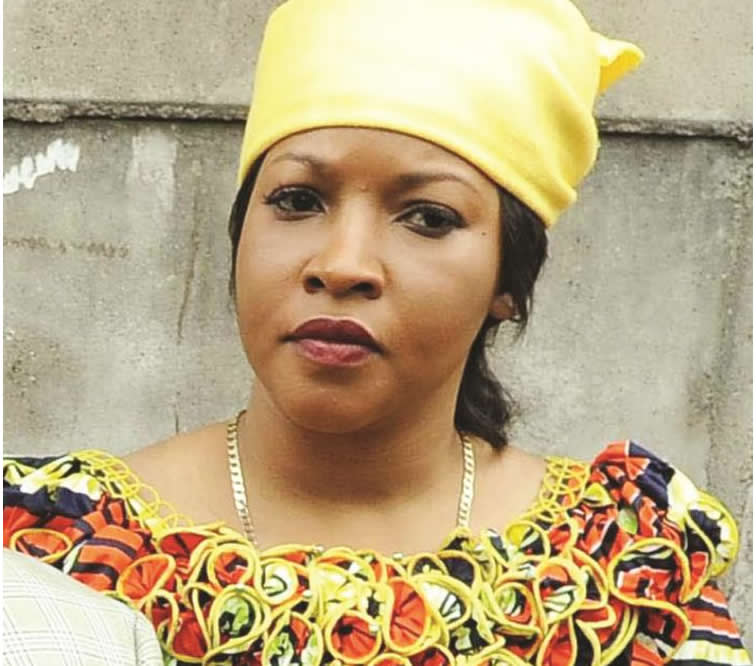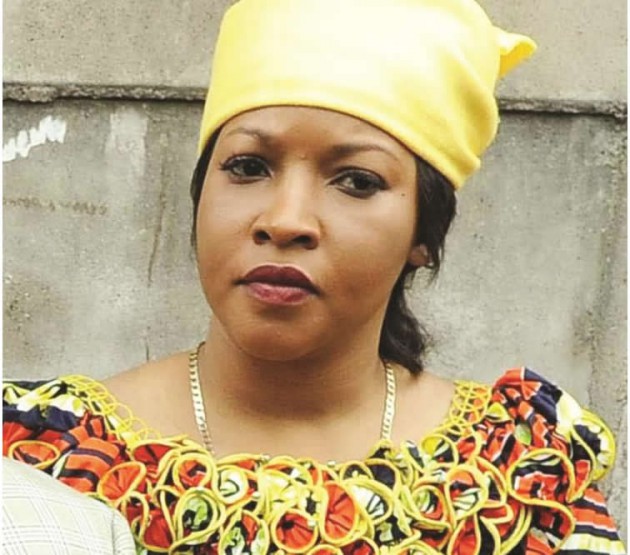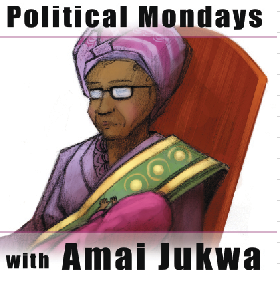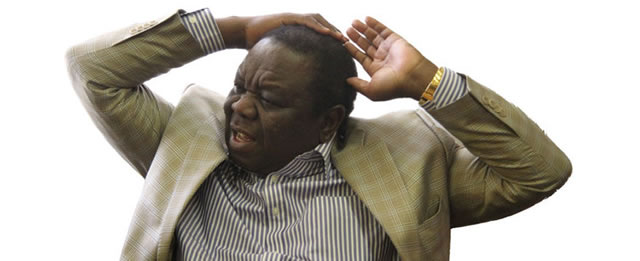How ZBC helped Tsvangirai

THIS election is coloured by peace. Western media outlets, desperate for any measure of negativity have instead focused on what they call “attack ads” being flighted by Zanu-PF. Some have described these as hate speech with one particularly colourful publication leading with the headline: Africa’s oldest leader turns to sex.
What is clear in all this is that the West is unhappy that their democratic poster boy, Morgan Tsvangirai is being exposed for what he really is.
It is a fact that he bedded a 21-year-old woman, attempted to force her through an illegal abortion and then refused to take care of his own child until the lawyers were called in.
These are simply hard facts that speak to the nature of the man that Tsvangirai is.
It is a fact that he used the power of the Prime Minister’s office to get sex from a vulnerable South African single mother, promising that he would marry her when he knew full well that he would not. Again these are things that Tsvangirai has done.
It does not end there.
The confused Prime Minister went on to marry one Locardia Karimatsenga for 12 days before ending the marriage through a bizarre newspaper statement that he later attempted to amend after publication.
This episode of scandalous sex, lies and dishonesty from the Prime Minister makes for uncomfortable reading for his handlers and even more uncomfortable television.
The BBC, admitting that these revelations were proving damaging for the Prime Minister, questioned the ethics of broadcasting the Prime Minister shameless acts.
The discomfort of the West is understandable.
Nathaniel Manheru put it in quite clear terms a few months ago when he said that Western audiences had been taught to mindlessly love the MDC while a visceral hatred of Zanu-PF had been imparted into their minds over the years.
This love and hatred was not based on observed qualities but born of sustained propaganda.
Julia Gillard had gone so far as to describe Tsvangirai as a figure as great as Mandela.
The VICE publication called the MDC “the good guys who are hung from helicopters” by Mugabe’s security men.
This manufactured picture of a Tsvangirai clad in noble and shining armour was a necessary tool in pushing the Western regime change agenda.
As Tsvangirai’s true colours are laid out for the world to see, Western audiences will invariably begin to ask questions.
The effect of Zanu-PF’s advertising on external audiences is merely a welcome side effect.
Zanu-PF’s tactics are largely motivated by domestic factors. The question though is how is it that this information is not already widely held?
Tsvangirai’s sexual indiscretions date back to many months ago.
His vulgar manner, which Zanu-PF, has also sought to leverage against him is nothing new.
How is it that the majority of Zimbabweans do not know Tsvangirai to be the buffoon that he is?
The problem lies with ZBC. For many years Tsvangirai has been denied coverage.
Political players within Zanu-PF are accused of having used their influence to block coverage of Tsvangirai.
This has had unintended consequences.
Instead of people viewing Tsvangirai for the confused, indicisive leader that he is, they have had to rely on myth to learn about the man.
Without any real coverage of the man, over the years a mythical figure of noble persuasion has grown in the minds of many Zimbabweans.
I am convinced that if the ZBC had covered Tsvangirai in the same manner in which it covers Zanu-PF events then Tsvangirai would have been history many years ago.
The greater part of our population would have seen him for what he really is and ascertained him to be an unfit candidate for president.
Sadly this is not the case.
This is unfortunate because the national broadcaster should strive to inform.
Consider a situation in which the British shun the BBC accusing it of a catalogue of offences and instead opting for French television.
It seems inconceivable but this is the situation that confronts the national broadcaster.
It is not so much that the issues that plague the corporation are beyond remedy. The real hurdle to rectification is a head-in-the-sand attitude from senior management who do not seem to recognise that there is a problem.
This is worrying because the nature of the problems facing the corporation would seem obvious to many.
Viewers are the only measure of success for a broadcaster. By continuing to bleed viewers the ZBC threatens our very national security.
Our people were sore beyond description when SABC was switched off the Wiztech platform. The outcry was a testament to just how tired the generality is of the national broadcaster.
The solutions to ZBC are simple but difficult. The first is a mass cull of a largely ineffective workforce.
It is shocking that in 2013 that a national broadcaster still employs engineers who cannot perform basic tasks such as a clean Chroma key.
The second step is a move toward appreciating talent. There is ample talent (both acting and production) in Zimbabwe but most of this talent is engaged elsewhere simply because the national broadcaster seems not to respect talent.
If the ZBC begins offering US$500 a week for small cooking shows and so on, you would be surprised at how quickly this will catalyse growth in the local industry.
There is no shortcut to these things.
If the ZBC does not pay, the talent will simply go elsewhere.
The ZBC itself must commit to a process of introspection. It seems that managers are blissfully unaware as to how low the organisation has sunk in the eyes of viewers.
The content is largely unbearable with a few sparks of light such as Mai Chisamba.
Unless the management at the ZBC accepts to be judged by the standards expected by viewers we will continue to find ourselves in a place in which the national broadcaster simply bleeds the national purse without providing a measurable return.
Once our people start turning en masse to external broadcasters and having a greater trust in external news agencies we are treading of very dangerous ground.
The key is to remain non-partisan but nationalist.
If Zimbabwe wants to have a healthy television industry then Pockets Hill needs to think outside the box.
Ndatenda, ndini muchembere wenyu Amai Jukwa









Comments